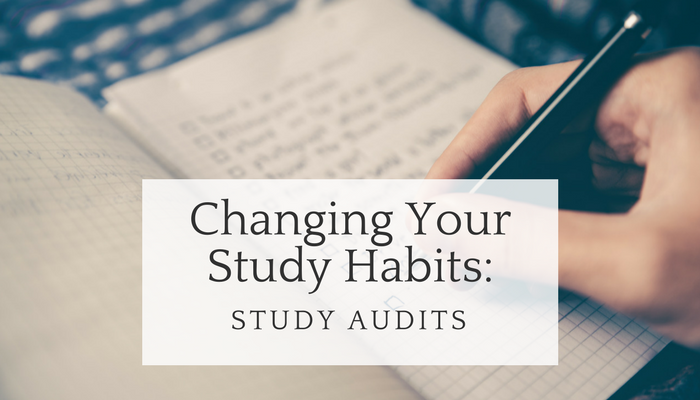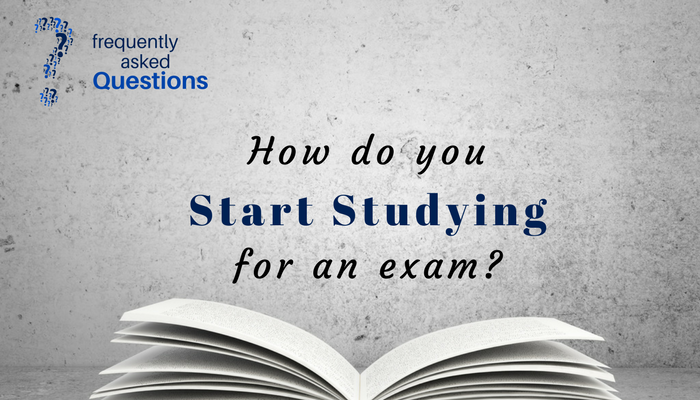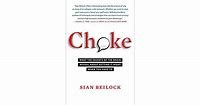Content begins here
Main page content
Click to collapse
This tab is a resource to assist you in your quest for learning more effectively. Nothing can replace your hard work and determination, but with a few tips from those that have been there, you can achieve the results you want more quickly.
For most of you, you are on your actuarial journey and this is very exciting. We want you to succeed. However, don’t be surprised when I tell you that the stumbling blocks to acing the final exams (F200s) which will give you the ultimate qualification are the same ones that may trip you up in the beginning stages. Three of these are 1) the way you learn, 2) how you transfer knowledge across contexts to address a problem and 3) how you express yourself in writing.
This is why we have designed a site to offer you gateways to better and more effective learning, as well as the skills that will help you to cope with the intensity of the courses. We can’t teach you to read and write like an actuary, but if you read more and critique the opinions of others, you will develop better analytical skills which over time will give you the tools to write with more clarity and purpose.
Becoming an actuary is about getting exemptions, but that’s not the whole story. You need to reflect on how you study and if it is effective enough to allow you to take that knowledge with you. There is no waste in actuarial science – you will use everything! Be purposeful from the start, be prepared to change your learning habits and be conscious of why you did well and why you didn’t. The quote below sums it up perfectly:
“…our ‘mental models’ determine not only how we make sense of the world, but also how we take action…The problem with mental models arises when they are tacit – when they exist below the level of awareness.’’ (Gardner, 1994)
You can purchase the book advertised above and below if you are not a library member or member of ASSA, by emailing Billy at billy.enderstein@uct.ac.za.
Read the Foreword below by Dr Toby A. White, Fellow of the Society of Actuaries of America and Curriculum Chair of the SOA Exam MFF. Dr White is also Associate Professor of Finance and Actuarial Science, College of Business and Public Administration at Drake University, Des Moines, Iowa, USA.
What you shouldn't do to pass Models (A212)![]()
Models or more specifically A212: Risk modelling and Survival Analysis, is that very difficult exam that often finds many students at a cross roads thinking "If this is what actuarial science is all about I'm not sure it's for me" Or having feelings such as "This is too much pain - do I have to spend so much blood sweat and tears on this?". Whatever your thoughts, we're lucky to have some advice from a student who has been there, thought and felt those feelings and now is so good at the material that she is tutoring it!
Meet Londiwe Mathe in the attached .pdf. Articulate, humble and intelligent. Londiwe has written up the things you shouldn't do in order to pass Models - now that's a different spin isn't it! Please hear what she has to say.
“In preparing for battle I have always found that plans are useless, but planning is indispensable.” -Dwight D. Eisenhower
While combing the internet for resources on studying actuarial science, I came across rethinkstudy.com. I believe you will find it user friendly and informative. The site is geared towards the American actuarial exams, which are multiple choice up to a certain level, but the type of content remains the same as ours so the advice is as pertinent for us in RSA as for those in the USA. The site was started off by Roy Ju and Mike Jennings. Their aim is to help you qualify and still have a life! I like their attitude and their advice is appropriate.
In an article written by Mike and Roy called Changing your Study Habits- study audits and another called How your study environment affects exam performance we can see that the material posted on 28 August 2017 on Learning effectively, is in alignment with their messages.

Changing your Study Habits- study audits
As an actuarial science student working with others is a good idea at times – it helps you to articulate your understanding and to check it, but for the most part you need to grapple with the concepts on your own. This is an isolating experience and you need to avoid getting into comfort zones that give you the illusion that you are committing your new-found knowledge to your long term memory. Mike and Roy advise that doing an audit on what you have studied will provide you with good returns when you approach the exam and when you’re in the exam.
How your study environment affects exam performance
So often we are in the exam and we know that we learned the content and it just doesn’t seem to be tangible enough for us to access. Mike and Roy explain why changing your study environment can help you to transfer knowledge across contexts and into the exam. So, the lesson here is not to get too precious about your perfect learning space as it may be working against you!
Natalie Humphreys of the University of Texas, brings it all home to us in very neat preparatory document for improving our chances of passing the actuarial exams. This material is relevant to us in SA. Note the second line of the title: Studying Advice for Actuarial Students. ![]()
Did you notice how many times Natalie mentions that you should be patient? I am so glad that she talks about what to do if the unthinkable happens.

‘This FAQ article series is based on emails we’ve received from actuarial students. Whenever we receive a question that may be useful for other students, we’ll post our response as an article for everyone to read.’ Mike and Roy from Rethink Studying.
For an overall check on whether you are indeed studying correctly, please go to the site below. It will be a good diversion to do the course on a daily or weekly basis. It will take you less than 2 hours a week and it will cause you to think more about the way you study - have an open mind. The new course started today and it runs for four weeks and it's free!
Learning How to Learn: Powerful mental tools to help you master tough subjects
About this course: This course gives you easy access to the invaluable learning techniques used by experts in art, music, literature, math, science, sports, and many other disciplines. We’ll learn about how the brain uses two very different learning modes and how it encapsulates (“chunks”) information. We’ll also cover illusions of learning, memory techniques, dealing with procrastination, and best practices shown by research to be most effective in helping you master tough subjects.
Using these approaches, no matter what your skill levels in topics you would like to master, you can change your thinking and change your life. If you’re already an expert, this peep under the mental hood will give you ideas for: turbocharging successful learning, including counter-intuitive test-taking tips and insights that will help you make the best use of your time on homework and problem sets. If you’re struggling, you’ll see a structured treasure trove of practical techniques that walk you through what you need to do to get on track. If you’ve ever wanted to become better at anything, this course will help serve as your guide
I came across an interesting article recently which I felt I must share with you.
Separate your writing from your editing
There are two levels to this article and the overarching one deals with what the title suggests but beyond that it talks about the activity of writing as using a different part of the brain to the one that edits your writing. That is why it is important to plan your answer in an exam then write it and then edit it. Using different parts of the brain for different functions allows you access to all areas of your brain and frees up the knowledge you do have but sometimes find difficult to retrieve. Do not continually edit as you go along - that means you probably won't finish the question and you are changing modes too rapidly for your brain.
The important principle to take away from this article and I am coming across it again and again in my research, is that you should step away from your work from time to time - get out of the working memory and allow your brain to reassess the problem you have in front of you. Sticking with the 'must get it done now' groove works against your creative ability to find solutions.
You need moments of relief for your brain when you are under immense pressure to avoid the 'choke' as Sian Beilock describes in her book
Transfer the salient points of the article above into an exam situation - one where you have to write a lot and at top speed. You cannot maintain that pace indefinitely and answer the questions fully - you also place yourself at risk of bombing out. You need moments of relief for your brain when you are under immense pressure to avoid the 'choke' as Sian Beilock describes in her book of the same name. Often those of you who perform very well while practising get stuck in the 'working memory' in the exam and do not perform optimally for this very reason. You know the work better than anyone else and yet you are unable to perform at your best under pressure. It is a method you can learn to perform at your best.
